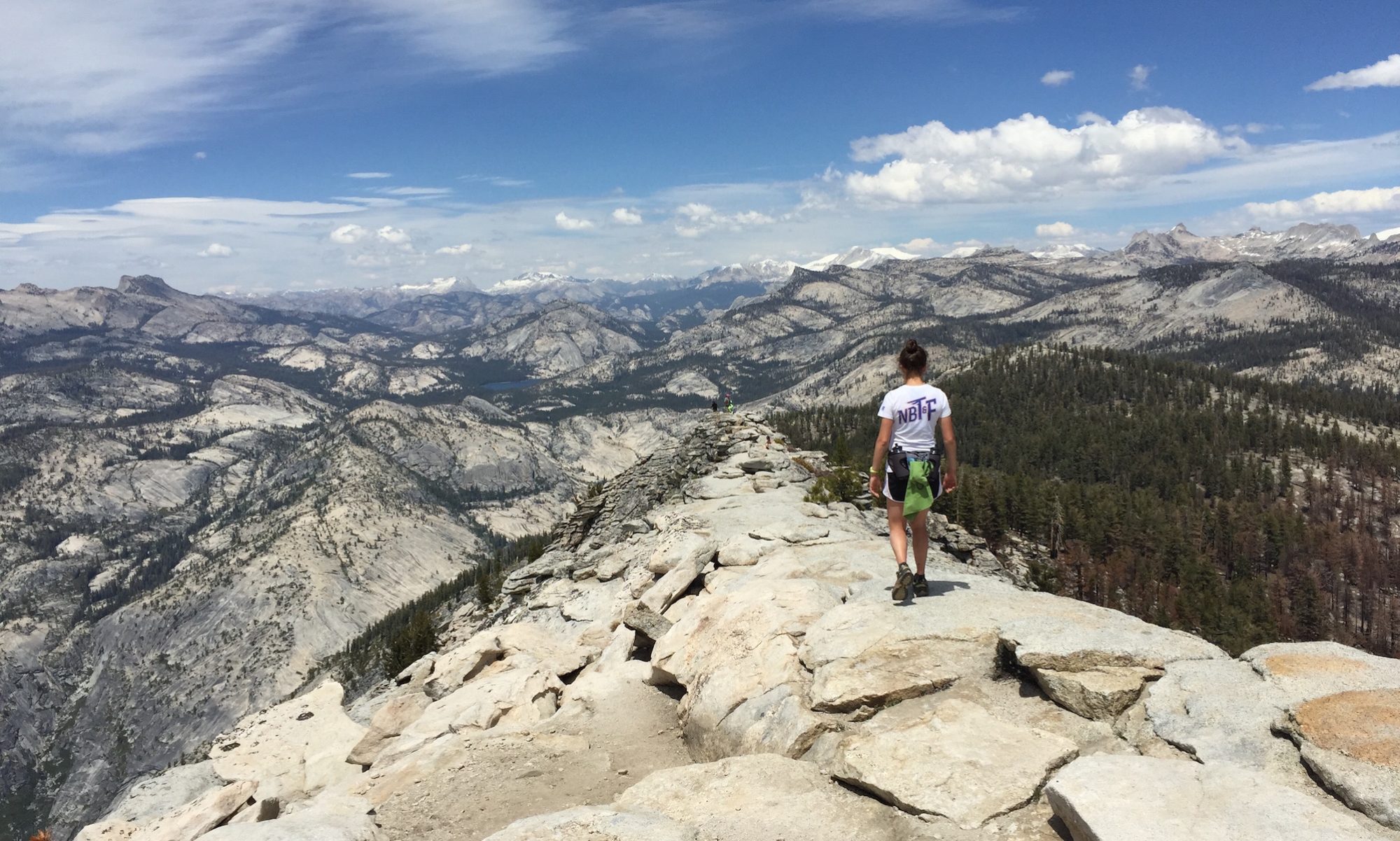What a difference six weeks make. When we switched to remote learning in mid-March, there were fewer than 200,000 confirmed cases of the novel corona virus in the world. Seven thousand people had already died from Covid 19, most of them in China, Italy, Iran and Spain. As national governments lurched into action to contain the virus, the United States recorded a mere 4,138 cases (on March 16) and Russia had yet to report any. Seven weeks later we find the United States at the epicenter of a pandemic carving a vicious swath of physical, emotional and economic suffering around the globe. There are nearly 4 million confirmed cases worldwide, and the global death count is racing toward 300,000. With 1.3 million confirmed cases and over 76,000 deaths, the United States leads the case count by a factor of five (over Spain with a 221,000) and the death count by a factor of two (over the United Kingdom with 31,000). After six weeks of stay at home orders and forced business closures, governors in the US have begun the agonizing and controversial process of “re-opening” their states, even as the number of infections continue to rise and new hot spots appear.
With 187,000 confirmed cases,Russia has just climbed into fifth place in the overall case count (behind the US, Spain, Italy and the UK). But even Russian authorities concede that the official case count is significantly under-represents the actual number of cases, and the Russian Federation’s continued ascent on the ghoulish leader board seems assured. In Moscow, the epicenter of the crisis, the deaths of physicians who mysteriously fall from hospital windows underscore the grim conditions in overrun hospitals as well as the dangers of trying to address them.
Tomorrow is the 75th anniversary of Victory Day and Germany’s unconditional surrender to the Allies in World War II. Lavish, long-planned celebrations of the triumph of the Grand Alliance and the courage of the Red Army have been scaled back due to the pandemic. Fireworks displays are still a go, but not the massive parade of new military hardware through Red Square in front of foreign dignitaries. As we wrap up this most unusual of semesters, it seems important to register how the present crisis inflects our appreciation of the past, especially as the memory of united struggle during World War II becomes a rallying cry against a viral pandemic.
Against this backdrop, I want to recognize the efforts and accomplishments of this class and thank all of you for leaning in, leveling up, and keeping your personal health and safety first and foremost as we made our way through the second half of the semester. I know this was not what you signed up for, that you missed the interaction of the physical classroom and the experience of being on campus. Many of you struggled with new work schedules, spotty internet access and finding a new place to live. Some of you had friends and family members who got sick. And everyone had concerns about how uncertain and perilous the future became after mid-March.
Your blog posts and this final research digest are evidence of your considerable collective talent, unflappability, and innate curiosity — all of which will stand the world in good stead as we make our way through this painful pandemic to whatever new normal lies on the other side. The enormity of the disruption we are living through might make the more modest markers of academic progress seem less significant or even inconsequential. But I want to remind you that efforts like the one we undertook this semester help us understand how we got here. Learning how people in another time and place made their way through a century of revolutionary change gives us perspective on how human societies work at their best, their worst and everywhere in between. It helps us see how hardship, suffering, and sacrifice are intertwined with innovation, resilience and triumph. Learning about Soviet history gives us new insight on our own histories and helps us develop empathy for those whose lived experiences are not as far removed from ours as we assumed they were. Finally, researching and writing blog posts — getting through this course — provided an avenue for self discovery, preservation, and perseverance. Think of it as a morsel of self-determination in a sea of uncertainty.
Thanks to all of you who nominated posts for the greatest hits section – now located where we used to celebrate “Red Stars” and “Comrade’s Corners.” I used my prerogative as Editor in Chief, Scholar Working From Home, and General Secretary of our collective to supplement your selections with some distinguished posts from earlier in the term. This way future visitors to the site can appreciate the range of topics you researched and admire the varied methodologies and interests that animated your inquiry.
As I said the last time we met F2F before spring break: Thanks for being here. Stay safe, and be well.


















